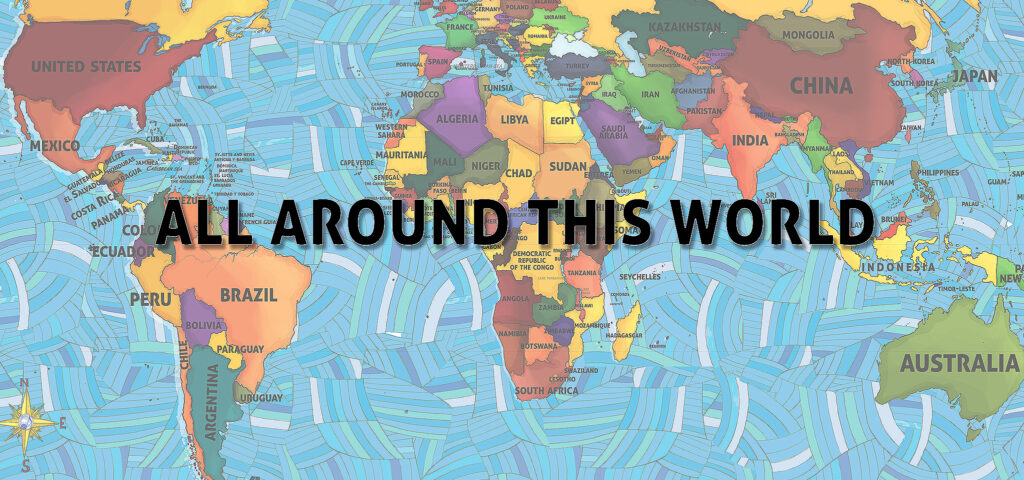Malta is a small country that consists of small set of islands in the central Mediterranean about fifty miles south of the Italian island of Sicily. It’s a picturesque place, a destination for tourists, a multilingual, multi-facted country that tries to draw the best from the many who ruled it during its very long long past.
Malta has been inhabited from about 5200 B.C. when Sicilian hunters or farmers stopped by. (Archaeologists suggest this as the arrival date of humans because it coincides roughly with the extinction of the uniquely Maltese dwarf hippos and dwarf elephants.) Over the centuries, little Malta found itself under the thumb of many powerful entities: the Greeks, the Phoenicians, the Romans, the Byzantines, Arabs, the Germans, Barbary corsairs (pirates), who in 1551 enslaved the entire population of the Maltese island of Gozo and sent them all to the Barbary coast, the French (specifically Napoleon, who visited for just six days, but in his time there abolished feudalism and freed Malta’s slaves) and, from 1814 until its independence in 1964, the British Empire.
According to the U.S. State Department’s overview of Malta, “Malta was an important cultic center for earth-mother worship in the 4th millennium B.C.” If one believes the Acts of the Apostles in the Bible, “earth-mother worship” became decidedly less popular after St. Paul was shipwrecked on the island and stayed there to preach Christianity. (The Maltese note St. Paul’s shipwreck with a national holiday each year on February 10th). Today Malta’s constitution declares Catholicism to be the state religion; 98% of its people follow suit.
Because of Malta’s multi-owner past, the little island nation is known as one of
the most multilingual countries in Europe. While almost every Maltese inhabitant speaks Maltese, a Semitic language derived from Siculo-Arabic, the Arabic dialect that developed in Malta and Sicily between the 9th and 14th centuries, and one of Malta’s official languages, almost 90% of Maltese speak English (the co-official language), nearly 70% Italian and almost 20% French.
The vocabulary of today’s Maltese itself has developed to be about 50% inspired by
words in Italian and Sicilian, about 20% peppered with words from English. Maltese
is the only Semitic language recognized as an official language of the European Union
and the only Semitic language written in Latin script.
Are you sick and tired? If you’re tired, get more sleep. Sick? Go to Malta. Malta
is known internationally for its high quality of medical care. The government publicly funds healthcare–most of it is free. There is also a private healthcare system for those who are seeking something different from what the government healthcare service provides.
While traditional Maltese music has an Italian flavor–take note of that when we
explore Malta’s Ghana music, below–modern Maltese musicians are worldly and create in most every form; There are a surprising number of websites dedicated to Maltese music, such as MaltaMusicOnline.com, that can introduce to the contemporary scene.
In class we’re going to experience the Maltese traditional singing form known as Ghana music.


Comments are closed.